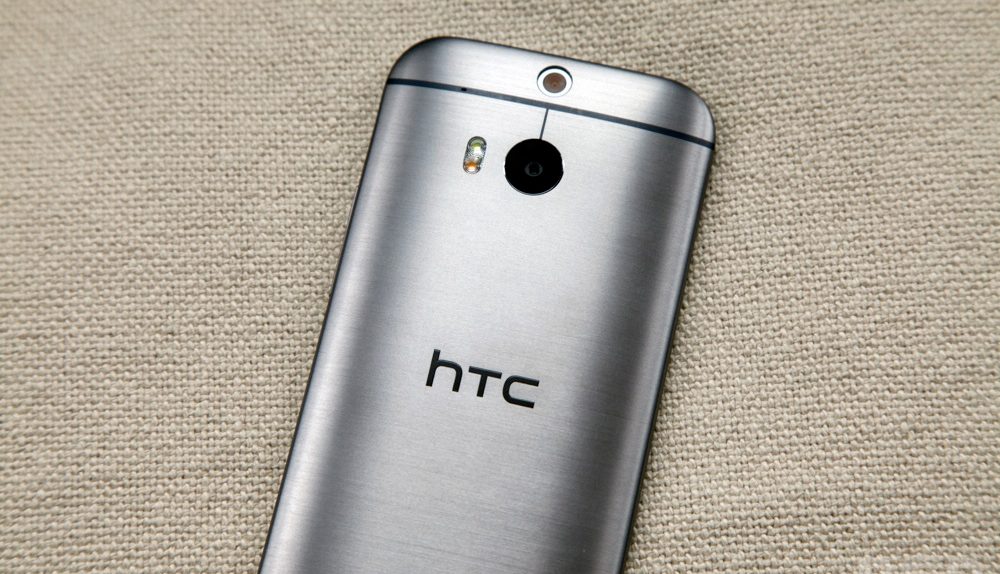No matter how positive the reviews are for its products, HTC can’t seem to break out from behind the shadow of Samsung. Without a veritable army of devices flooding store shelves, it’s difficult for any phone maker to make an impact in the Android smartphone market. But HTC believes that by closing the gap on dedicated cameras, it can attract an even wider audience while trumping the competition.
Speaking with Vodafone, HTC’s camera expert Symon Whitehorn said that the phone camera will continue to be a vital aspect of the industry’s growth and development.
“As smartphones have become people’s primary camera, we expect more of them,” says Whitehorn. “That’s why we’ve put so much investment into the camera – because smartphone cameras take the majority of our images now. We already outperform a lot of compact point and shoot cameras, but we want to approach the performance of regular cameras. Every generation of our cameras seems to close that gap.”
Whitehorn believes that within two years consumers will have a hard time justifying a camera purchase as the differences between a flagship phone camera and a DSLR become nearly imperceptible. Even optical zooming in a smartphone is only 12-18 months away in Whitehorn’s estimation.
Another key component to HTC’s camera strategy is the growing popularity of the selfie. Whitehorn says that “HTC wants to own the selfie market,” and in order to do so, they’ve equipped the HTC One (M8) with a 5-megapixel front camera.
“We’re not matching the rear camera on the front side, but the front camera is tuned to help you give the best selfies. It’s no longer the afterthought camera that it’s been for so long.”
If HTC can find its niche, even if that niche is in the occasionally dangerous “selfie market,” the company might be able to rebound in a big way.




